Platonism and the Objects of Science
What are the objects of science? Are they just the things in our scientific experiments that are located in space and time? Or does science also require that there be additional things that are not located in space and time? Using clear examples, these are just some of the questions that Scott Berman explores as he shows why alternative theories such as Nominalism, Contemporary Aristotelianism, Constructivism, and Classical Aristotelianism, fall short. He demonstrates why the objects of scientific knowledge need to be not located in space or time if they are to do the explanatory work scientists need them to do. The result is a contemporary version of Platonism that provides us with the best way to explain what the objects of scientific understanding are, and how those non-spatiotemporal things relate to the spatiotemporal things of scientific experiments, as well as everything around us, including even ourselves.
{{comment.content}}
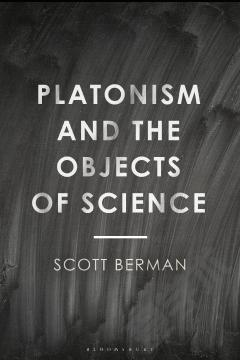
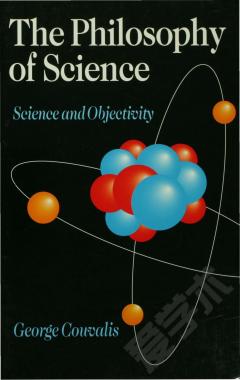
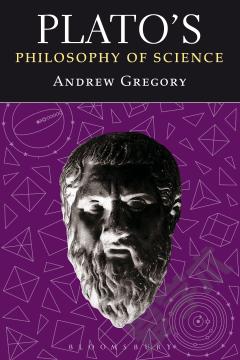
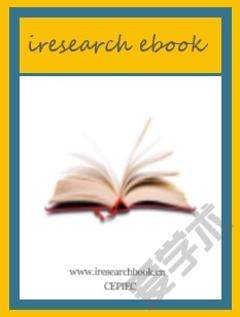
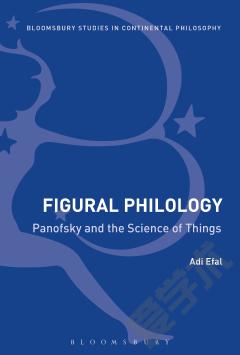



 京公网安备 11010802027623号
京公网安备 11010802027623号